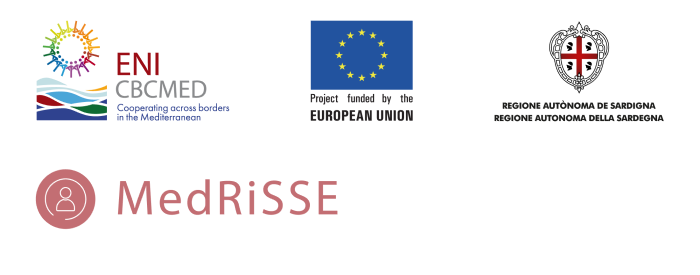“It is good that people do not know the monetary and banking system, otherwise there would be a revolution tomorrow morning.”
Henry Ford
Did you know that the amount of banknotes and coins in our economy does not exceed 3%? 97% of money is fictitious, that is, it has been created out of nothing, which leads us to an oversizing of the financial economy compared to the productive economy.
We see more and more clearly that private banks and multinationals hold economic power.
Have we stopped to think about what repercussions this has?
What is the role of the state as guarantor of the welfare of the citizenry?
How does it affect our daily economy?
And a couple more questions:
How can we reappropriate our generation of wealth?
Is it possible to generate our own money?
Under this new perspective, we understand the necessary Economic Empowerment, which is based on:
- Rethinking our needs and how we satisfy them
 Consumption Models
Consumption Models - Trust, Cooperation and Mutual Support
 Relationship Framework
Relationship Framework - Proximity, Replicability, and Interconnection
 Scale Factors
Scale Factors - Multiplicity of local Economies
 New Tools
New Tools
As per Ecological Economy, the economy is embedded in nature, there are limits to material growth and critical environmental problems, the scale of the economy has been able to outstrip its sustainable size, affecting the resilience of the economy. We need a transition to an economic model that adjusts to planetary limits, and complementary currencies can play a key role in this transition.
